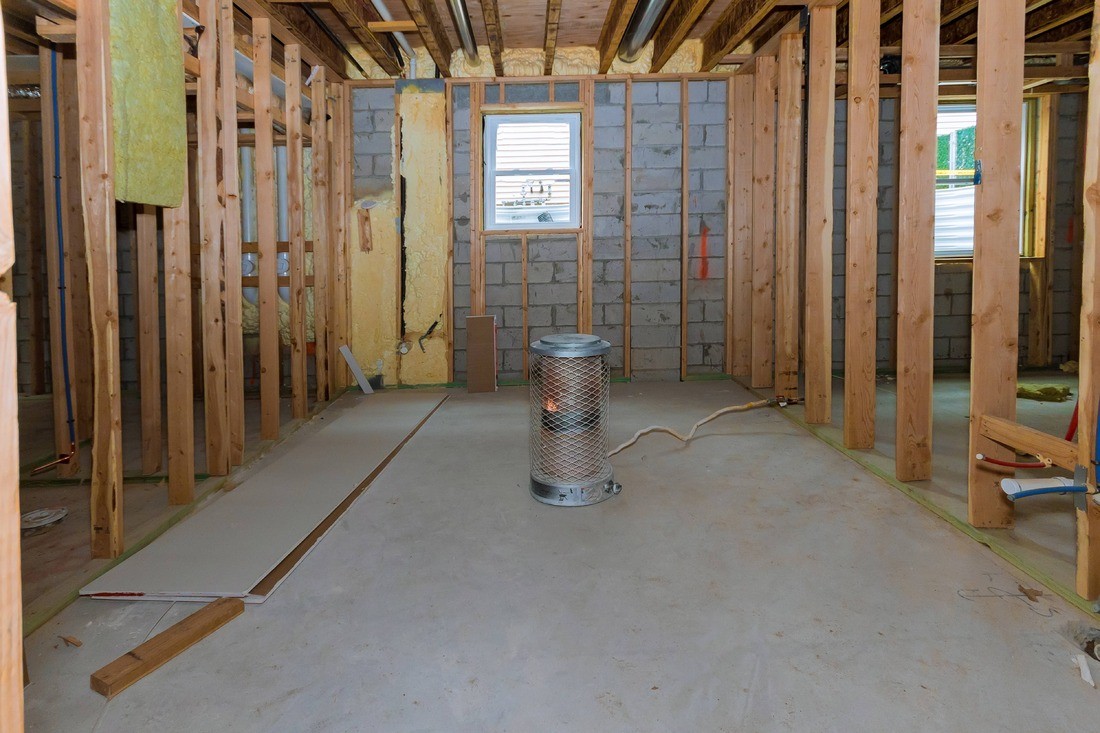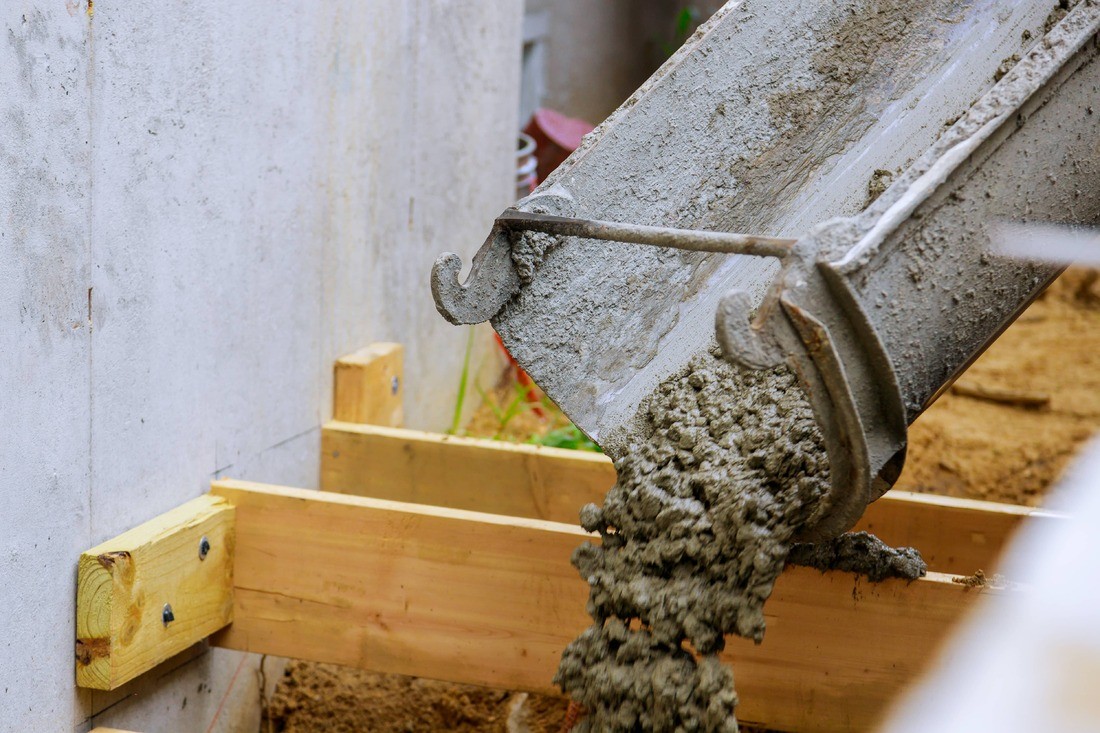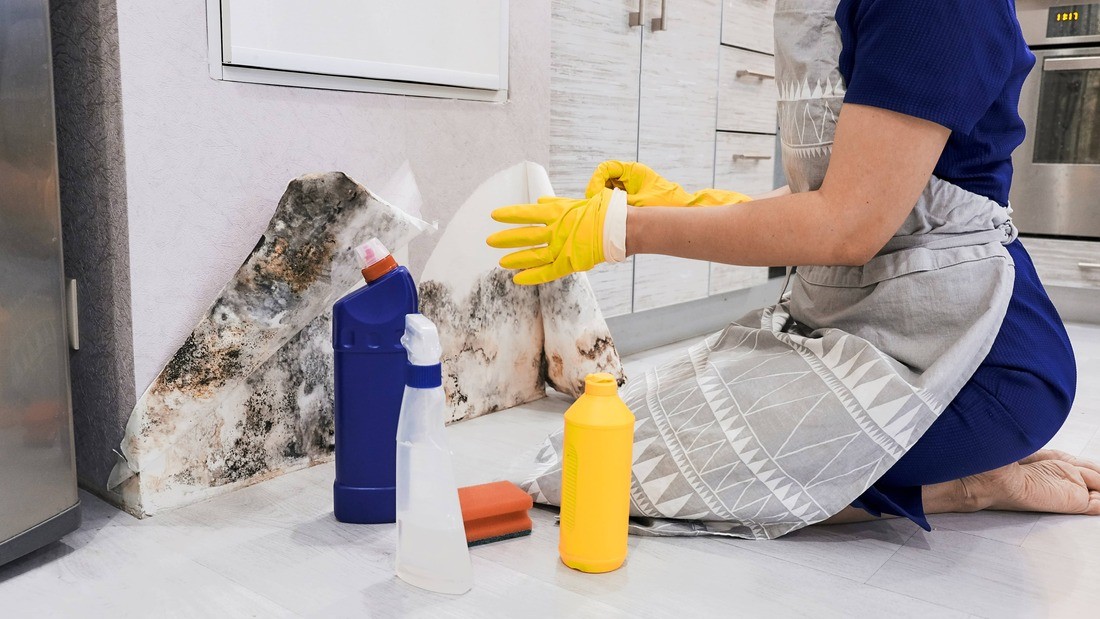
Introduction
Basement flooding can be a nightmare for homeowners, leading to significant damage and costly repairs. It’s essential to understand the causes of basement flooding and take preventive measures to minimize the risk. In this article, we will explore the various causes of basement flooding and discuss effective ways to prevent and mitigate water damage. We will also provide tips, facts, and statistics to help you navigate through the challenges of basement flooding.
Causes of Basement Flooding

1. Heavy Rainfall
One of the primary causes of basement flooding is heavy rainfall. Excessive rainwater can seep into the ground and exert pressure on the basement walls and floors, leading to water intrusion. When the ground becomes saturated, water can find its way into the basement through cracks or gaps in the foundation.
2. Poor Drainage System
A poorly designed or maintained drainage system can contribute to basement flooding. If your property doesn’t have proper drainage, rainwater may accumulate around the foundation, increasing the chances of water entering the basement. Clogged or damaged gutters and downspouts can also hinder the proper flow of water away from the house.
3. Malfunctioning Sump Pump

A sump pump is designed to prevent basement flooding by pumping out excess water that collects in the sump pit. However, a malfunctioning sump pump can lead to water backup and subsequent flooding. Regular maintenance and testing of the sump pump are crucial to ensure its proper functioning.
4. Plumbing Issues
Leaking or burst pipes, faulty plumbing fixtures, and sewage backups can also cause basement flooding. It’s essential to address plumbing issues promptly to prevent water damage. Regular inspection and maintenance of your plumbing system can help identify potential problems before they escalate.
5. Natural Disasters
Natural disasters like hurricanes, storms, or flash floods can result in catastrophic basement flooding. These events can overwhelm drainage systems and cause water to enter homes, including basements. While it’s challenging to prevent flooding during such events, having emergency plans and proper insurance coverage can help mitigate the impact.
6. Foundation Issues
Cracks or structural deficiencies in the foundation can provide an entry point for water to seep into the basement. Over time, foundation settlement, shifting soil, and improper construction can cause cracks and gaps, making the basement prone to flooding. Regular inspections and repairs of the foundation can help prevent water intrusion.
Prevention and Mitigation
1. Proper Grading and Landscaping
Ensure that the ground around your home’s foundation slopes away from the house. This helps divert water away from the basement and prevents pooling near the foundation. Proper landscaping techniques, such as installing French drains or retaining walls, can also help manage water runoff effectively.
2. Maintain Gutters and Downspouts
Clean and unclog gutters and downspouts regularly to allow smooth water flow. Ensure that the downspouts direct water at least 6 feet away from the foundation. Consider installing gutter extensions or splash blocks to prevent water from pooling near the basement.
3. Install a Backwater Valve
A backwater valve can prevent sewage backups and subsequent basement flooding. It’s a one-way valve that allows wastewater to flow out but prevents it from backing up into the house. Professional installation is recommended to ensure proper functioning.
4. Maintain Sump Pump
Regularly inspect and test your sump pump to ensure it’s in good working condition. Clean the sump pit and remove any debris that might interfere with the pump’s operation. Consider installing a battery backup system to protect against power outages during storms.
5. Seal Foundation Cracks
Identify and seal any cracks or gaps in the foundation promptly. Use waterproof sealants or epoxy injections to prevent water penetration. Professional assistance may be required for extensive foundation repairs.
6. Install Basement Waterproofing Systems
Consider installing interior or exterior basement waterproofing systems. Interior options include sealants, coatings, and drainage systems, while exterior options include waterproof membranes and footing drains. Consult with a professional to determine the most suitable waterproofing solution for your basement.
7. Regular Plumbing Maintenance
Schedule routine inspections and maintenance of your plumbing system. Promptly address any leaks, pipe bursts, or sewage issues. Seek professional help for complex plumbing tasks to ensure thorough repairs and prevent future problems.
8. Flood Insurance
Obtain adequate flood insurance coverage to protect your home from potential flood damage. Standard homeowner’s insurance policies may not cover basement flooding caused by external factors. Review your insurance policy and consult with an insurance agent to understand your coverage options.
Tips for Dealing with Basement Flooding
1. Ensure Safety
Prioritize your safety when dealing with basement flooding. Turn off electrical power to the affected area to avoid electric shock hazards. Wear protective gear such as gloves, boots, and masks to prevent contact with contaminated water.
2. Remove Standing Water
Use pumps, wet/dry vacuums, or buckets to remove standing water from the basement. Start from the lowest point and gradually work your way up. Dispose of the water properly to prevent further water damage or contamination.
3. Dry and Dehumidify
Thoroughly dry the basement using fans, dehumidifiers, and open windows. Proper air circulation and dehumidification are essential to prevent mold growth and mitigate further moisture damage.
4. Clean and Disinfect
Clean and disinfect all affected surfaces and items using appropriate cleaning solutions. This helps eliminate bacteria, mold, and other contaminants. Dispose of any damaged or unsalvageable items following proper disposal guidelines.
5. Assess and Document Damage
Take photos or videos of the damage for insurance purposes. Make a detailed inventory of the affected items and document the extent of the damage. This information will be crucial when filing an insurance claim.
6. Seek Professional Water Damage Restoration
For extensive or severe basement flooding, it’s advisable to seek professional water damage restoration services. Certified restoration companies have the expertise, equipment, and resources to effectively restore your basement and mitigate further damage.
Important Facts and Statistics
Here are some important facts and statistics related to basement flooding and water damage restoration:
- Over 12,000 basement flooding reports were filed with 311 after record rainfall in July.Houston Restoration Group
- Dirt and debris often get caught in drains, preventing water from draining out.Roto-Rooter
- Basement flooding repair costs can vary, with some cases as low as $500 for minor carpet damage and others requiring extensive mold remediation and construction.Bob Vila
- Basement water damage should be addressed promptly to prevent further issues like mold growth.The New York Times
- After experiencing a basement flood, it’s important to take immediate action to minimize the damage.American Family Insurance
Frequently Asked Questions (FAQ)
Q: What should I do if my basement floods?
If your basement floods, it’s essential to prioritize your safety and take immediate action. Turn off electrical power to the affected area, remove standing water, and dry and dehumidify the space. It’s advisable to seek professional water damage restoration services for extensive or severe flooding.
Q: Can I prevent basement flooding?
While it may not be possible to eliminate the risk entirely, there are several preventive measures you can take to minimize the chances of basement flooding. These include ensuring proper grading and drainage, maintaining gutters and downspouts, installing a backwater valve, regular sump pump maintenance, sealing foundation cracks, and considering basement waterproofing systems.
By understanding the causes of basement flooding and implementing preventive measures, you can significantly reduce the risk of water damage to your basement. Remember to consult with professionals for expert advice and assistance when dealing with basement flooding and water damage restoration.
This comprehensive guide is brought to you by Houston Restoration Group, a leading water damage restoration company specializing in basement flooded water damage restoration, water extraction, flood cleanup, and emergency water removal. Call us today at 281-519-7318 for 24/7 water damage restoration services.
